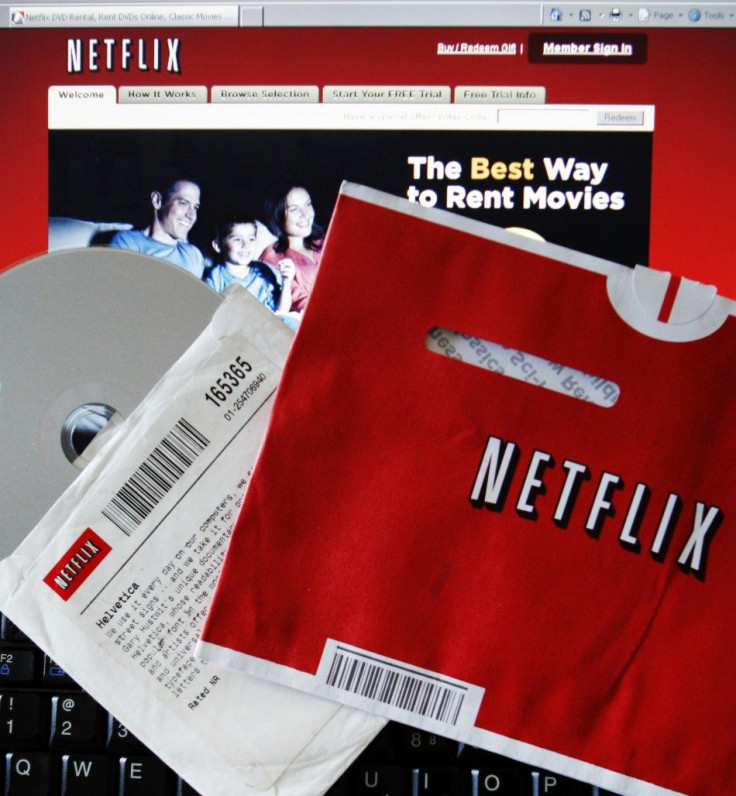Analysts Are Concerned Netflix’s Fun Run About To End

Over the past year, Netflix has had nothing to frown about. Its added subscribers at an impressive rate, while its stock has subsequently sky rocketed going from roughly $50 per share to $250 per share in less than a year and a half.
The future, on the other hand, could be a little bit dimmer. During its first quarter earnings call, the Los Gatos, Calif. based company announced it gained 3.3 million subscribers. This brings its total up to 23.6 million subscribers, which surpasses cable company Comcast's total of 22.8 million. Furthermore, it earned profits of $60 million, or $1.11 per share, on revenue of $719 million, which doubled the totals from last year at the same time.
It has expanded its global reach, adding 800,000 subscribers in Canada. Even better, after initially getting a cool reception from Hollywood studios, Netflix has started to get major players to sign content sharing deals. In the first quarter alone, it signed agreements with Fox, Lionsgate and CBS, allowing it access to shows like Sons of Anarchy, Weeds, Glee and Mad Men. It even got exclusive rights to premiere the show, House of Cards, based on a popular BBC show starring Kevin Spacey.
So what's the problem? First, not everyone is enthralled with Netflix. After the earnings call, the company's stock took a huge nosedive, going from $251.67 at the beginning of the day to $228.91 at the end, or nearly 9 percent.
The problem may be summed up in a word: competition. Netflix didn't say that was the problem, but the company did say during its earnings call that the number of new subscribers won't continue to nearly double each quarter. That trend will cut into profits -- Netflix's outlook for the second quarter is between 93 cents and $1.15 per share, which spooked analysts who were forecasting $1.19 per share.
Michael Pachter, of Wedbush Securities, says Netflix should be wary of competitors desperate to gain share. We think that new services from Hulu, Amazon, Google TV and Apple, as well as the potential launch of a Dish Network/Blockbuster streaming service, each have the potential to create a bidding war for a relatively small amount of available content, and have even greater potential to create pricing pressure on subscriptions, he said in a note to investors.
Netflix did address its competitors in a letter to stockholders. Chief executive Reed Hastings mentioned Hulu, Amazon and Dish Network/Blockbuster by name. A recent news report is suggests YouTube could also become a competitor in the industry.
Our biggest competitor over time may be another service with a similar model to Netflix, such as Hulu Plus, or it may be free on-demand Internet video as a part of a consumer's MVPD (multichannel video programming distributor) package, namely TV Everywhere. This free bundling of a subset of our functionality within a larger subscription service is a classic way for an incumbent to leverage its strength. While TV Everywhere is not a strong offering today, it is likely to become much better over the coming years, Hastings said.
Even without a possible bidding war, Netflix may have to raise the price of its streaming service, in order to pay for better content. HBO has said in order to afford the network's content, Netflix would have to raise the price of its streaming service from $8.99 to $20 per month. Regardless of what happens with HBO, analysts seem to think Netflix may have grown too fast for its own good.
Netflix reported outstanding results by any measure but the ability to beat rising expectations has become more of a challenge. As sentiment has shifted more positively on NFLX stock, expectations have also risen, Scott Devitt, analyst at Morgan Stanley, said in a note.
© Copyright IBTimes 2024. All rights reserved.











